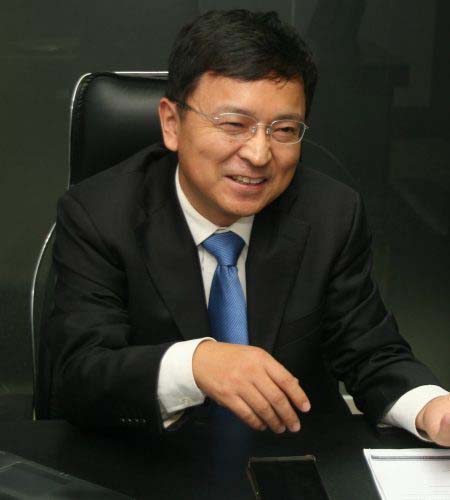PCJCCI chief urges Pakistan to initiate low-cost energy generation projects in collaboration with China

Lahore: Pakistan China Joint Chamber of Commerce and Industry (PCJCCI) chief Wang Zihai has urged Pakistan to initiate low-cost energy generation projects in collaboration with China to reduce cost of doing business in the country.
Speaking during an online think tank session held here at PCJCCI premises, President PCJCCI Wang Zihai said such cooperation will enormously benefit Pakistan.
Wang Zihai, referring to his recent meeting with representatives of Tianying Company Shanghai, maintained that low-priced energy was produced in China through incineration of waste materials.
The company representatives earlier gave a detailed presentation on how the Chinese waste-to-energy incineration model could prove to be a solution for energy crisis and environment pollution in Pakistan.
He mentioned that Chinese company Tianying is willing to invest in Municipal Solid Waste (MSW) incineration for power generation. The company is looking for suitable project agents to start the investment in Pakistan, he added.
On the occasion, Ehsan Chaudhry, Senior Vice President PCJCCI observed: “We should adopt waste-to-energy incineration model in Pakistan in partnership with Chinese expert companies. In renewable energy resources, biogas can be used to fulfill the deficit, the shortfall of fuel and electricity in Pakistan is an indication for us to decrease our dependence on conventional fuel resources and find the new sustainable resources such as renewable energy means.”
He underscored that Pakistan had a huge potential for renewable energy resources such as wind, solar and biomass, “which would also save our foreign reserves to be consumed on the high-cost energy.”
Chaudhry observed that through these resources, “we will be able not only to meet energy demand in low cost, but also minimize environmental contamination.”
Salahuddin Hanif, Secretary General PCJCCI acknowledged that in China waste-to-energy incineration is playing a vital role in waste management and energy production.
He informed that in Pakistan about, 3000 MW electricity can be generated using agricultural residue and municipal solid waste.
He added that Pakistan generates about 15 million tons of crops residue annually, which can be used as feedstock to generate 120- MW electricity.
“Another important waste that can be converted into energy is municipal non-hazardous solid waste that is about some 60,000 tons on a daily basis in urban areas only and is increasing at the rate of 2.5 percent annually,” he pointed out.
Ehsan Chaudhry, Senior Vice President, Salahuddin Hanif, Secretary General, and a number of executive committee members of PCJCCI were present on this occasion among others.





